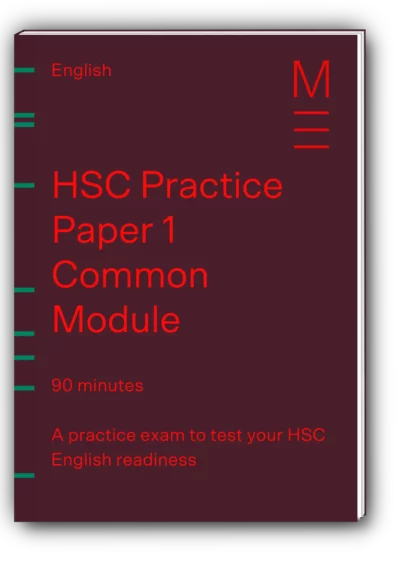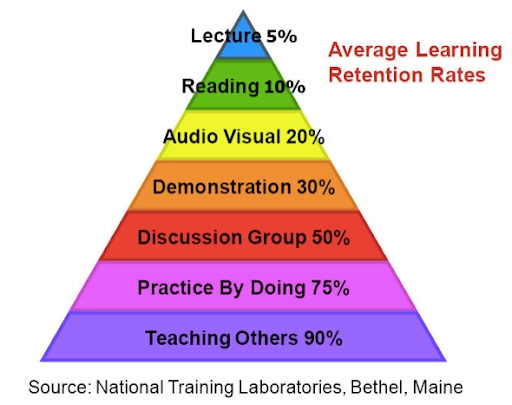Change your location
To ensure we are showing you the most relevant content, please select your location below.
Select a year to see courses
Learn online or on-campus during the term or school holidays
Learn online or on-campus during the term or school holidays
Learn online or on-campus during the term or school holidays
Learn online or on-campus during the term or school holidays
Learn online or on-campus during the term or school holidays
Learn online or on-campus during the term or school holidays
Learn online or on-campus during the term or school holidays
Get HSC exam ready in just a week
Select a year to see available courses
Science guides to help you get ahead
Science guides to help you get ahead
Matrix scholarship student, Tina, shares her top exam preparation strategies for Year 12—including how to use HSC past papers effectively. Maximise your results and feel confident heading into exams!

Join 75,893 students who already have a head start.
"*" indicates required fields

Join 8000+ students each term who already have a head start for English, Maths, OC/Selective Prep, Science, Biology, Chemistry or Physics.
The HSC is one of the biggest challenges of your high school life. From balancing social relationships to studying to extracurriculars, HSC exam preparation takes up a large portion of our lives. And it’s often easy to overthink it.
While there are many things that I wish I had known before starting Year 12, here are my 5 top exam preparation tips to make your Year 12 study routine more effective and stress-free.
Table of contents
Simulate exam conditions and test your English skills with this full Mock Paper Fill out your details below to get this resource emailed to you. "*" indicates required fields
Download your English Advanced HSC Mock Paper!

Download your English Advanced HSC Mock Paper!
Doing HSC past papers is one of the best ways to prepare for exams. Not only do they help you get used to exam-style questions, but they also highlight areas where you are struggling.
A lot of people obsess over taking notes and reading right before an exam. However, according to the learning pyramid, reading notes only accounts for 10% of knowledge retention. Studying through HSC past papers (“practise by doing”) has a 75% knowledge retention.

Completing past papers is an extremely effective way of studying. After learning all of the content, you should start brushing through all the past papers you can find.
I suggest learning all the content ahead of time in your holidays. You can do this by attending a Matrix Holiday Course. You can fit a term’s worth of content in 2 weeks with a bite-sized format. You’ll get ahead of your peers and have more time for exam preparation and past papers instead of learning content.
It’s important to practise these past papers the correct way. Here’s how to make the most out of HSC past papers.
It is very easy to overestimate or underestimate the amount of time you have if you are not familiar with the time restraints. Doing past papers under timed conditions helps you manage your time.
For example, in a timed Module C English task, I spent 30 out of the 40 minutes writing my discursive, leaving only 10 minutes for my reflection. I had left my reflection incomplete even though it was worth the same amount of marks as the discursive.
Doing this in your HSC would be detrimental to your marks! Practising under time pressure minimises mistakes and reduces stress.
After completing a past paper, mark it using the official marking guidelines. I know it can be bothersome to mark your paper after sitting through 3 hours of writing, but this is the most important part of ensuring you’re meeting the examiner’s expectations.
Furthermore, while some HSC questions can seem impossible to solve, they’re ultimately based on what you’ve learnt in school. By doing multiple past papers, you’ll start to notice patterns in the types of questions asked and the answers they expect.
Recognising these patterns will help you feel more prepared for any type of question during the HSC. After all, there are only so many different ways a question can be written.
What better way to learn how to write a band 6 response than to look at high-scoring answers from past students?
This is especially useful for English, where structure, clarity, and sophistication matter. Reading exemplary essays, and discursive, persuasive and imaginative pieces can help you gauge the level of writing you should be achieving for high marks.
I found it helpful to write down what I thought the student did well in their piece so I could integrate that success into my own work.
If you don’t know where to find exemplar essays for English, take a look at Matrix’s website for more resources! For example, take a look at this Matrix Frankenstein exemplar essay.
You’ve probably heard this a million times before, but it’s especially important in Year 12, when the workload increases exponentially.
Cramming leads to stress and poor retention. Rather than cramming the entire workload all at once right before the exam, set aside some time every day to study for each subject — even if it’s only 30 minutes per subject.
Being consistent with your studies ensures that the information stays in your long-term memory and reduces last-minute stress.
Give yourself ample time to relax and edit your piece (if it is an assignment task) before submission.
Tip: Keep a physical or online notebook or diary where you can write down all of your tasks and notes.
Before year 12, I was one of those “quiet” kids (according to my year 8 parent-teacher interview) who would never raise their hand during class. While this may be fine in your junior years, it’s crucial in your senior years to use your teachers as a resource and ask them any questions you are unsure of.
Talking to your teacher one-on-one can be daunting, but they are the ones who truly want you to succeed. They will be happy to help you with any questions you have.
Whether you want clarification on something, feedback, or you need to go over past assessment tasks, asking your teacher questions always benefits you. Ask them when they are free to reply; otherwise, schedule an appointment during your free time.
Whether it’s doom-scrolling on TikTok, watching through an entire season of your favourite anime or playing that new Pokemon game, technology has made it increasingly hard to study.
I’ve definitely been a victim of technology in the past. In my junior years, the main reason I didn’t start studying for a test was my phone. This can be extremely detrimental in the senior years, when every minute of your time counts. That’s why I set up a digital detox to get me back on track.
My favourite app for blocking distractions these past few years has been Digital Detox: Focus & Live. It blocks any apps or websites that distract you. The only way you can access the apps you block is to pay a small fee. Throughout the years of my phone addiction and trying various detox apps, this one has been the most effective in allowing me to stay focused and get my work done. I highly recommend it if you are constantly distracted by your phone!

I cannot stress how important it is to create a healthy study and life balance. I like to go for a morning run every morning before starting the day. This keeps me healthy and wakes me up, allowing me to start the day off feeling fresh. This has been especially good in the senior years since we don’t have allocated periods for sport.
Even going for a small walk every day keeps you healthy and refreshes your brain if you want a break from studying.
You also need to keep your mental health in tip-top shape. It’s easy to be caught up in the stress of year 12 and neglect your well-being. Burnout is real, and pushing yourself too hard can actually negatively impact your performance.
Make sure you take breaks and spend time doing things that you enjoy! Hobbies such as drawing, skateboarding, crocheting and scrapbooking are things you should indulge in, especially during such a stressful time!
Sacrificing a few hours of sleep for extra study isn’t as effective as a study session when you are well-rested. So make sure you get those 8 hours!
Year 12 is a tough year, but it’s also a time for growth. By working smart, staying consistent and looking after yourself, you can make it through successfully. Hopefully, these lessons gave you a head start on your journey and will help you avoid some of the mistakes I made.
Good luck everyone. You’ve got this!
Written by Guest Author
We have regular contributions to our blog from our Tutor Team and high performing Matrix Students. Come back regularly for these guest posts to learn their study hacks and insights!© Matrix Education and www.matrix.edu.au, 2023. Unauthorised use and/or duplication of this material without express and written permission from this site’s author and/or owner is strictly prohibited. Excerpts and links may be used, provided that full and clear credit is given to Matrix Education and www.matrix.edu.au with appropriate and specific direction to the original content.